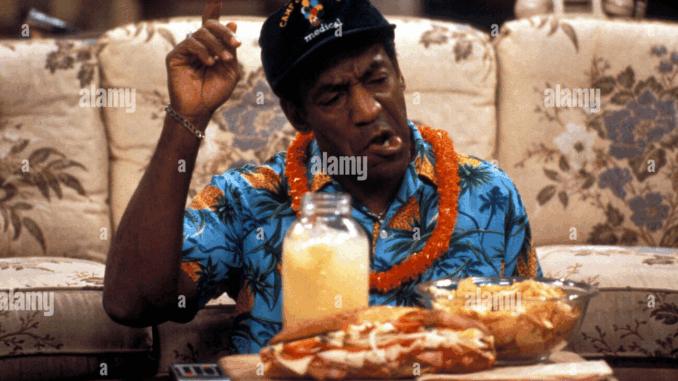
Few television shows have left as lasting an impression on American pop culture as The Cosby Show. Premiering in 1984, the sitcom not only entertained millions but also redefined the representation of African-American families on mainstream television. Over the course of eight seasons, it became a symbol of Black excellence, family values, and comedic brilliance. Yet, in light of recent controversies surrounding its star, the legacy of The Cosby Show is now viewed through a more complex and conflicted lens.
A Groundbreaking Television Milestone
The Cosby Show debuted on NBC on September 20, 1984, starring comedian Bill Cosby as Dr. Heathcliff Huxtable, a witty and loving father of five. The show followed the lives of the Huxtable family—a successful African-American household living in Brooklyn, New York. Phylicia Rashad starred as Clair Huxtable, a sharp, elegant attorney and partner in parenting.
At a time when Black families were often underrepresented or stereotypically portrayed in the media, The Cosby Show broke new ground by centering a well-educated, upper-middle-class Black family. It showed America that positive, authentic, and diverse Black experiences could resonate with audiences across all racial and social lines.
Cultural and Social Impact
Beyond ratings success—The Cosby Show was the number one show in America for five consecutive seasons—it changed the television landscape. The show influenced future hits like The Fresh Prince of Bel-Air, Family Matters, and even non-Black sitcoms that adopted its formula of family-first storytelling and character-driven humor.
The sitcom also played a significant role in boosting enrollment at Historically Black Colleges and Universities (HBCUs), thanks to its subtle inclusion of HBCU paraphernalia and its emphasis on the value of education. Characters like Denise Huxtable (played by Lisa Bonet) even went on to attend fictional Hillman College, based on real-life HBCUs.
The Shadow of Scandal
Despite the show’s towering success, its legacy has been significantly impacted by the downfall of its creator and star, Bill Cosby. In the late 2010s, Cosby was accused—and later convicted—of multiple instances of sexual assault, leading to widespread condemnation and the reassessment of his work.
For many, this raises difficult questions: Can we still appreciate The Cosby Show for what it achieved without endorsing the actions of its lead actor? Can a cultural product be separated from its creator?
Networks pulled reruns, and streaming services removed the show from their catalogs. However, scholars and fans continue to debate its place in history—with some calling for its preservation as a cultural artifact, and others believing its legacy is irreparably tainted.
Conclusion: A Legacy of Both Light and Shadow
The Cosby Show remains one of the most important television programs in American history. It offered laughter, inspiration, and a new narrative for African-American families on TV. Yet, as time has revealed, its legacy is inseparable from the controversies that now surround it.
As viewers, historians, and fans continue to grapple with the dualities of its impact, The Cosby Show serves as a powerful reminder of how art, fame, and morality often collide in unexpected—and uncomfortable—ways.